
Acute Food Insecurity Spreads Across Africa: 2021 Global Report on Food Crises
The number of people around the world facing severe food insecurity skyrocketed by 20 million in 2020, according to the 2021 Global Report on Food Crises, released earlier this month. Acute food insecurity now affects at least 155 million people across 55 countries/territories, with some regions facing famine-level hunger.
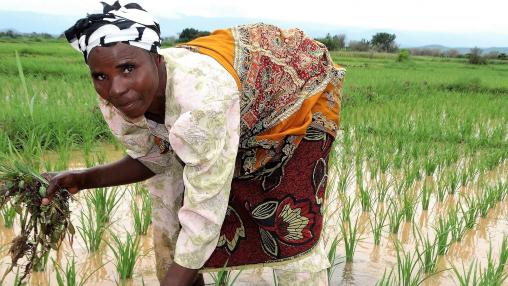
Food security in the face of COVID-19: Evidence from Africa
Food security has been a significant concern for Sub-Saharan Africa (SSA), even before the onslaught of challenges brought about by COVID-19. As the pandemic started spreading to the region, one concern has been that of its possible impacts on food security, as the crisis has the potential to exacerbate an already fragile food security environment.
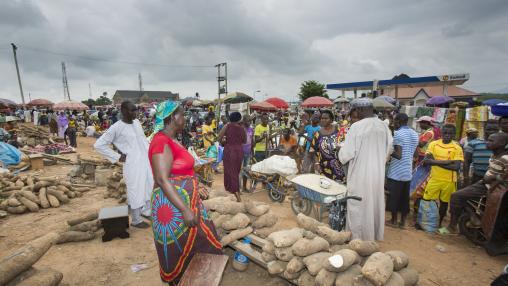
Africa’s Food Security Requires Accurate Trade Statistics
This post originally appeared on telos-eu.com.
By: Antoine Bouët, Brahima Cissé and Fousseini Traoré
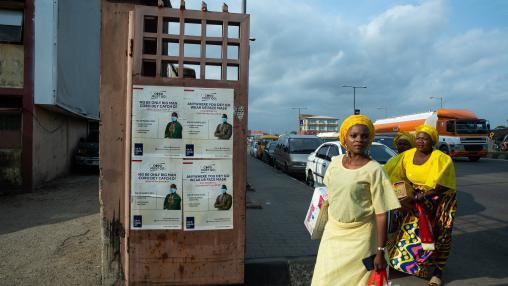
How should we measure food security during crises? The case of Nigeria
High-frequency monitoring of access to food has become especially important during the recent COVID-19 pandemic. Food access in Nigeria, and across the globe, has significantly worsened since the start of the pandemic due to significant disruptions to food supply chains and widespread loss of income. Poor access to food can have both short- and long-term impacts on health and wellbeing and is thus an important targeting criteria.
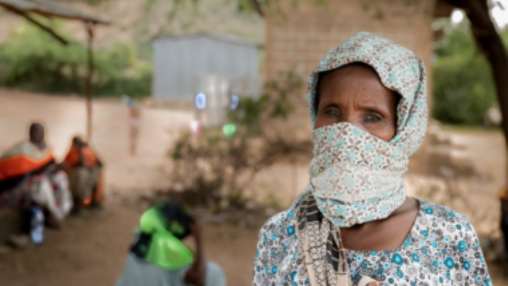
Ethiopia’s social safety net effective in limiting COVID-19 impacts on rural food insecurity
The COVID-19 pandemic is undermining food and nutrition security on a global scale. IFPRI estimates show that globally, 80-140 million people were at risk of falling into extreme poverty in 2020, more than half in Africa south of the Sahara. The World Food Programme estimated that globally, the number of people facing acute food insecurity could double in the same period. These impacts—stemming from lost incomes due to lockdowns, fear of exposure, and medical expenses, as well as disruptions in food markets and value chains—are severely testing social protection systems in many countries.
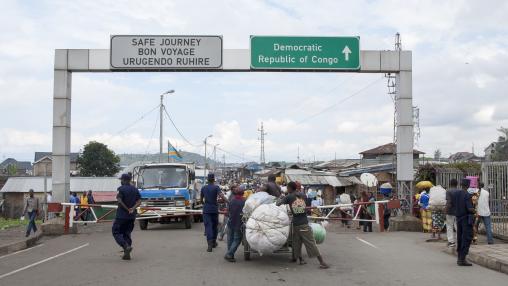
New trade deal could transform Africa's agricultural value chains
The long-awaited implementation of the African Continental Free Trade Area (AfCFTA), slated for January 2021, could transform agricultural value chains, agri-business, employment, and food security in the region, according to a new report from the Malabo Montpelier Panel. The free trade area could add as much as USD 76 billion to global income and increase intra-African trade by more than 50 percent.
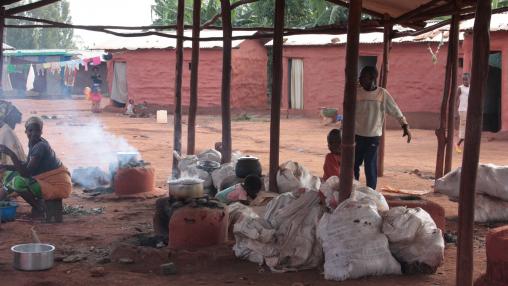
Optimizing food assistance programs: Improving household food security and diet quality in Burundi
Fourth in a series of posts on a research project in Guatemala and Burundi that evaluated how to optimize food assistance programs for the maximum impact. Read the first piece here, the second here , and the third here.
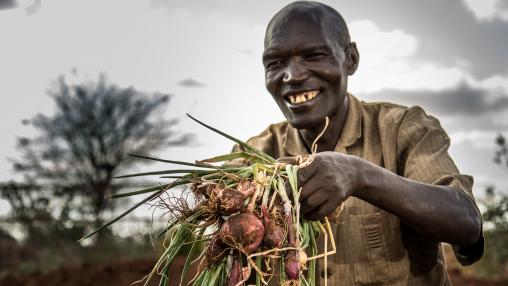
Africa's Agricultural and Rural Development
Recent occurrences in the global arena, such as volatile commodity and resource markets, suggest the urgent need for African countries to develop policy options that can mitigate resource constraints and their attendant consequences. The transformation and development of Africa’s agricultural sector, especially the development of functional value chains, hold huge potentials for African economies through employment creation, income generation, and improvement of household livelihoods.
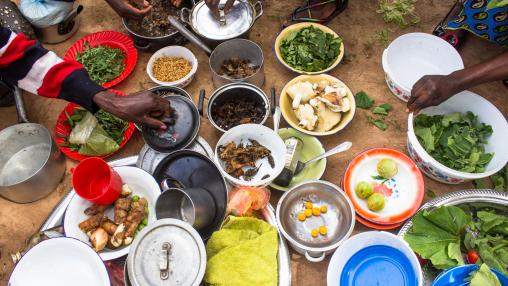
Interconnections in Sustainable Food Systems, Food Security, and Policies
By Obayelu Abiodun Elijah and Obayelu Oluwakemi Adeola
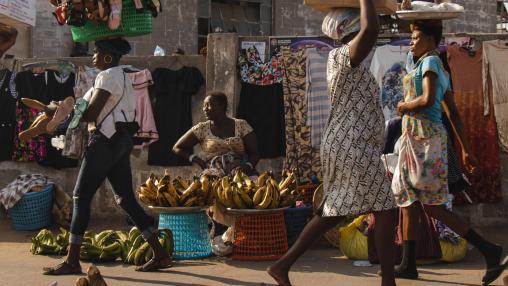
Impacts of Ghana's COVID-19 Response
By: Sara Gustafson